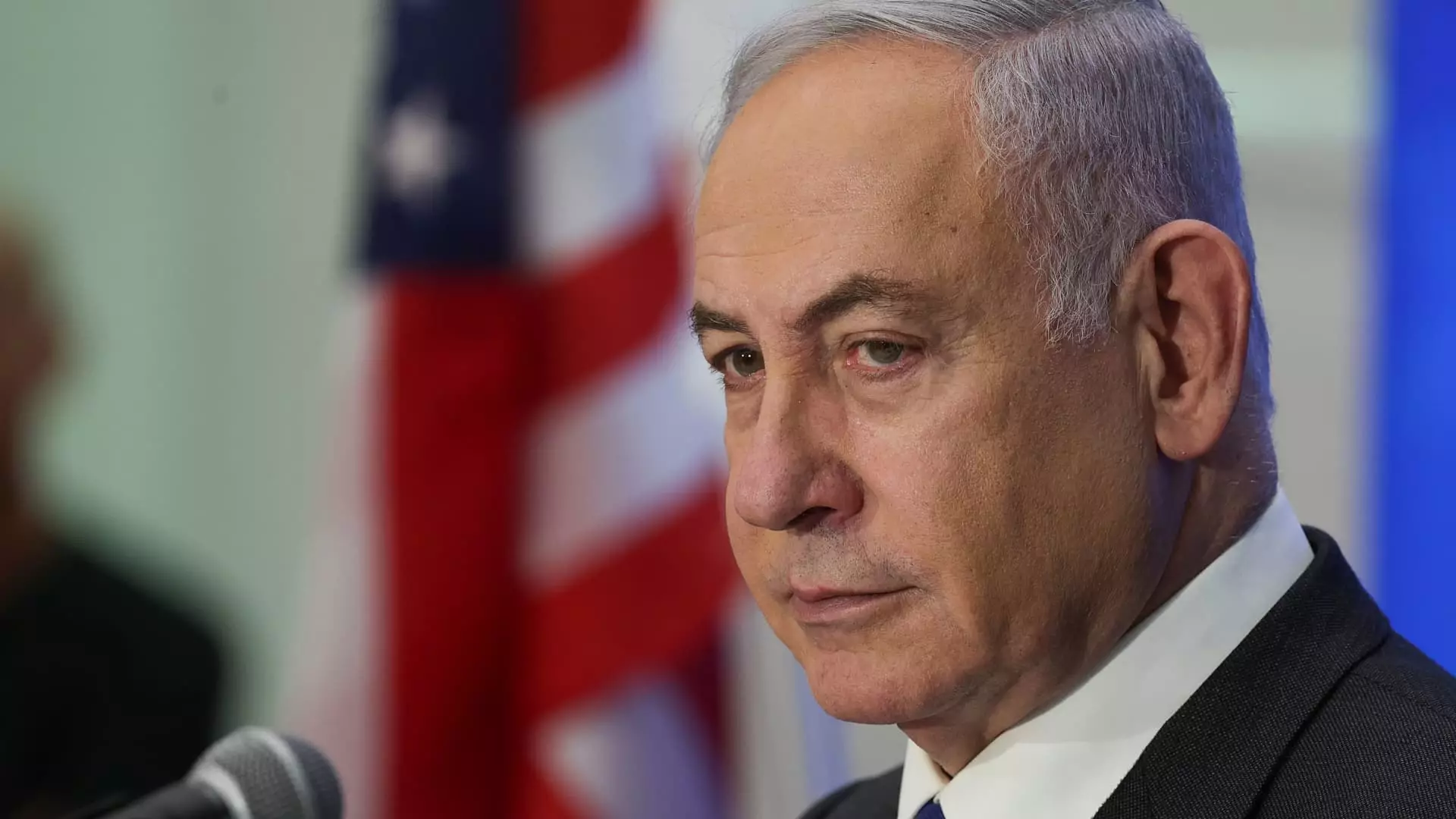Israeli Prime Minister Benjamin Netanyahu’s forthcoming address to a joint session of Congress has become a focal point of political contention, particularly given the ongoing Israel-Hamas conflict that has intensified over the past nine months. As the Prime Minister prepares for his fourth address to Congress, a notable absence of key political figures, including Vice President Kamala Harris, signals a profound deviation from established norms. Such absences are not merely symbolic; they represent a growing schism in U.S. political dynamics regarding foreign policy and its intersection with humanitarian concerns in the region.
Harris, traditionally expected to preside over such events, has opted to focus on her campaign efforts as the Democratic front-runner for the presidential nomination—indicating a shift in focus towards domestic issues rather than international diplomacy. This absence underlines an increasing anxiety among lawmakers who feel compelled to take a stand against a political figure whose actions in Gaza and the West Bank have drawn sharp rebuke from multiple quarters.
More than 30 lawmakers have joined Harris in boycotting Netanyahu’s address. This mass withdrawal from participating highlights a significant ideological divide that is reshaping congressional norms. Several Congress members, including well-known figures like former House Speaker Nancy Pelosi, have actively chosen to engage with constituents adversely affected by the ongoing conflict rather than attending the speech. Their decision to meet with families of hostages or partake in discussions on Middle East peace and security demonstrates a conscious shift towards humanitarian advocacy over traditional diplomatic engagements.
Senator Bernie Sanders has been particularly vocal, calling for a condemnation of Netanyahu’s policies, which he asserts are detrimental to peace efforts in the region. Such sentiments resonate not only within liberal circles but also among a rising cohort of progressive lawmakers who are increasingly advocating for a reevaluation of U.S. support for Israel. This sentiment calls into question the previously unquestioned bipartisan support that has characterized U.S.-Israel relations for decades.
The atmosphere surrounding Netanyahu’s visit has been charged with tension, evidenced by the protests that erupted leading up to his speech. Approximately 200 individuals were arrested during sit-in demonstrations at the Cannon House Office Building, reflecting a broader public outcry against Netanyahu’s policies and the humanitarian crisis faced by civilians in Gaza. This escalation of activism places additional pressure on lawmakers who may feel torn between their historical support for Israel and their constituents’ demands for ethical policymaking practices.
The protests underscore a vital point: public opinion surrounding foreign policy is shifting, with an increasing demand for human rights considerations to be factored into legislative actions. The juxtaposition of protests alongside a refusal of key lawmakers to attend the address speaks volumes about the changing tide of American political sentiment toward Israel and its impact on domestic political strategies.
Finding a New Political Normal
As Netanyahu prepares to meet with key bipartisan congressional leaders, including House Speaker Mike Johnson and Senate Majority Leader Chuck Schumer, it’s important to reflect on how the traditional approaches to foreign diplomacy are evolving. The assertion by Ben Cardin, Senate Foreign Relations Chairman, that U.S.-Israel relations transcend politics, belies the growing animosity and dissatisfaction among various political factions. The contention surrounding Netanyahu’s address serves as a reminder that relationships often seen as foundational in U.S. foreign policy are not immune to scrutiny and dissent.
As Netanyahu navigates both Congress and the White House in the coming days, he will likely encounter entrenched ideological barriers that threaten to reshape the landscape of U.S.-Israel relations for the foreseeable future. The absence of significant political figures from his speech collection not only signals a shift in legislative priorities but also poses the challenging question of how to maintain diplomatic ties while aligning domestic and international values—a challenge that seems increasingly daunting in the current political climate.
The unfolding situation around Netanyahu’s address encapsulates a wider transition within the U.S. Congress, where foreign policy debates are becoming more intertwined with humanitarian concerns, motivated by both political ideologies and constituent pressures. It mirrors a critical moment of reckoning for lawmakers and the constituents they represent, as they navigate the complexities of foreign relations in a shifting political landscape.


Leave a Reply